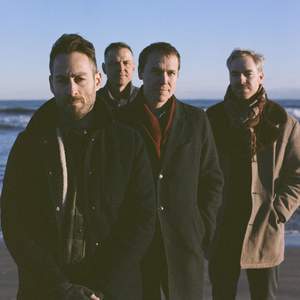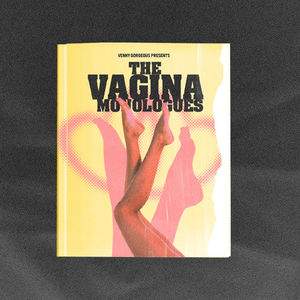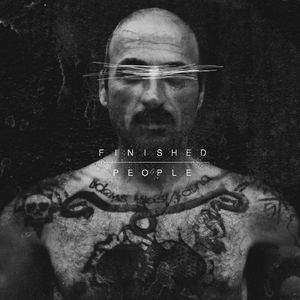Absinthe Tour 2025
November 19, 2025 -
Right now, the Absinthe tickets became available for everybody.
Do you know what is the biggest music event of the year? Of course, it is the Absinthe tour! The evidence for that is very clear. A big number of fans are gathering at these concerts for one single purpose – to enjoy the gift of music. Only the best arenas, stadiums, and concert halls are able to host these events and provide all the necessary services to thousands of people. Our service is also offering Absinthe VIP packages for dedicated fans.
The biggest music event won’t pass you by and you will be able to savor it at the fullest! This tour is going to be huge and you can be a part of it. We understand the desire to witness the live performance of a well-known band.
We are confident that here you will find the best tickets for a complete experience. Getting tickets for the first row is also not a problem. With us it is much easier to follow the Absinthe schedule and see where the next concert will take place. You can book your tickets in advance and secure the lowest price.
Every Absinthe concert gives a unique experience that cannot be replicated anywhere else. The live performances are truly unique and there are no gadgets capable of conveying the same level of energy and emotion. This has to be experienced at least once and then you will understand why events like these happen everywhere. Simply check the concert’s details and see whether that’s exactly what you have been looking for.
You can check the ticket availability for your hometown concert right now! On our website you will find all the information regarding to the Absinthe 2025 tour and other concert details.
Absinthe Tickets 2025 - 2026
Absinthe VIP Packages 2025/2026


About Absinthe
Absinthe (, French: [apsɛ̃t] (![]() listen)) is historically described as a distilled, highly alcoholic beverage (45–74% ABV / 90–148 U.S. proof). It is an anise-flavoured spirit derived from plants, including the flowers and leaves of Artemisia absinthium ("grand wormwood"), together with green anise, sweet fennel, and other medicinal and culinary herbs.
listen)) is historically described as a distilled, highly alcoholic beverage (45–74% ABV / 90–148 U.S. proof). It is an anise-flavoured spirit derived from plants, including the flowers and leaves of Artemisia absinthium ("grand wormwood"), together with green anise, sweet fennel, and other medicinal and culinary herbs.
Absinthe traditionally has a natural green color but may also be colorless. It is commonly referred to in historical literature as la fée verte ("the green fairy"). It is sometimes mistakenly referred to as a liqueur, but is not traditionally bottled with added sugar and is, therefore, classified as a spirit. Absinthe is traditionally bottled at a high level of alcohol by volume, but it is normally diluted with water before being consumed.
Absinthe originated in the canton of Neuchâtel in Switzerland in the late 18th century. It rose to great popularity as an alcoholic drink in late 19th- and early 20th-century France, particularly among Parisian artists and writers. The consumption of absinthe was opposed by social conservatives and prohibitionists, partly due to its association with bohemian culture. From Europe and the Americas, notable absinthe drinkers included Ernest Hemingway, James Joyce, Charles Baudelaire, Paul Verlaine, Arthur Rimbaud, Henri de Toulouse-Lautrec, Amedeo Modigliani, Pablo Picasso, Vincent van Gogh, Oscar Wilde, Marcel Proust, Aleister Crowley, Erik Satie, Edgar Allan Poe, Lord Byron and Alfred Jarry.
Absinthe has often been portrayed as a dangerously addictive psychoactive drug and hallucinogen. The chemical compound thujone, which is present in the spirit in trace amounts, was blamed for its alleged harmful effects. By 1915, absinthe had been banned in the United States and in much of Europe, including France, the Netherlands, Belgium, Switzerland, and Austria-Hungary, yet it has not been demonstrated to be any more dangerous than ordinary spirits. Recent studies have shown that absinthe's psychoactive properties have been exaggerated, apart from that of the alcohol.
A revival of absinthe began in the 1990s, following the adoption of modern European Union food and beverage laws that removed long-standing barriers to its production and sale. By the early 21st century, nearly 200 brands of absinthe were being produced in a dozen countries, most notably in France, Switzerland, Austria, Germany, Netherlands, Spain, and the Czech Republic.













